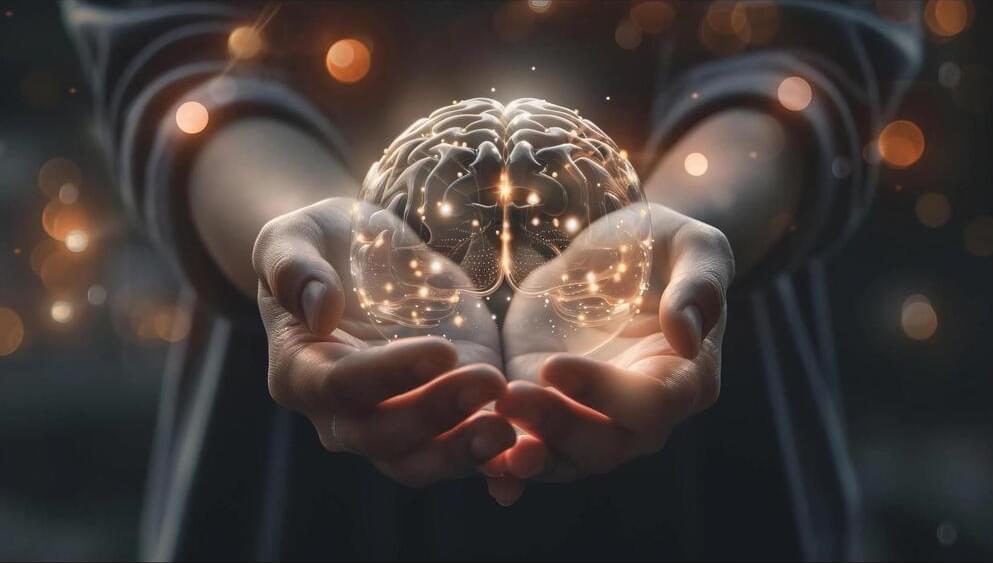Update: China´s Moon Mission Returned Now Samples from the #Moon to #Earth. Why this is important, specially for the origin of life:
On June 1, China’s Chang’e-6 lander touched down in the South Pole-Atkin Basin — the largest, deepest, and oldest impact crater on the Moon. The probe almost immediately set to work drilling into the ground to collect about 2 kilograms of lunar material, which is already headed back to Earth, with a landing in Mongolia planned for June 25. It isn’t just planetary geologists who are excited at what the returning rocks and soil might reveal. If we’re lucky, the first samples from the lunar farside could also include some of the oldest fossils ever found.
The SPA basin, as it’s sometimes called, is the result of a gigantic impact that occurred between 4.2 and 4.3 billion years ago, at a time when the Moon and Earth were very close neighbors. The crater is roughly 2,500 kilometers (1,600 miles) in diameter and between 6.2 km and 8.2 km (3.9 to 5.1 mi) deep, encompassing several smaller craters like the Apollo basin, where Chang’e-6 landed, and Shackleton crater, parts of which lie in perpetual shadow.
The main focus of 21st-century lunar exploration is searching for natural resources such as water ice that could be turned into rocket fuel and drinking water for astronauts, as well as helium-3 that might someday fuel nuclear fusion reactors. Another potential scientific treasure is often overlooked, however. The Moon is the only place where we might find fossilized clues to the origin of life on Earth. On our own planet’s dynamic surface, hungry microbes would have destroyed such evidence a long time ago.









